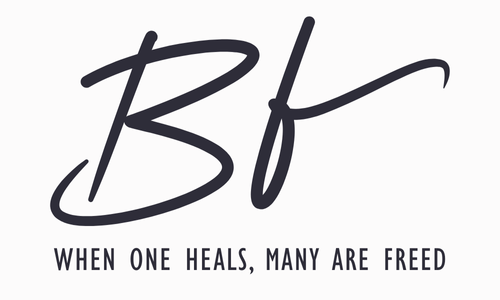Beyond Quick Fixes: What Clients Discover When They Stay in Therapy
If the phrase “Stay in Therapy” raised a red flag for you, that’s good. You’re not alone.
One thing I want to make clear is that whenever someone wants to work with me I make it clear that I make it my job to work myself out of the job, in other words, my intention is not to keep you in therapy for any kind of psychological/financial/emotional gain. But then on the flip side of that, I’m not looking to treat you like a GP appointment where I want to get to addressing the pertinent issue, suggest solutions (therapy doesn’t quite work like that!), and then send you on your way after 1-3 or even 5 sessions, which is considered short-term therapy.
Image Credit: Hannah Barata
The way I work is grounded in the idea that therapy takes as long as your organism needs to psychologically reorganise itself and deem yourself fit to go out and deal with the challenges that life wants to throw at you, responding on your own terms in a way that is healthy and sustainable for you.
This doesn’t always happen, but usually at the beginning of a therapeutic relationship (between sessions 1-6), both you and I are building some mutual trust bonding, maybe sussing each other out on an unconscious level, and you might be wondering if I’m going to judge you. I certainly don’t treat this as a game but I notice the patterns, and I treat your guards with the utmost of respect. It’s with this existential and person-centred lens that I take the stance of you being the expert of your life, in other words, you have the internal compass that needs rediscovering, and I’ll gently bring things into your awareness that you may not have considered before.
During those first 6 sessions I essentially help you probe your inner compass which will likely be unfamiliar if you’re not used to tuning in to it. In some ways, this can worsen anxiety, and you know that expression “it’s always darkest just before the dawn”? That very much applies here, the very act of getting used to that uncomfortableness as I help you start examining your truths that have brought you to become the person that you are and what you bring to the therapy sessions, is very much a common turning point where you decide whether to commit to the process of therapy or sideline it for another time. And let me first emphasise there is no such thing as failure in this process. If you feel anxiety gets the better of you around the time of the first 6 sessions, as you start unearthing the stuff that you’ve kept buried until now, there may genuinely be factors that are not quite addressed and unforeseen which may bring instability and in which case it could be in your best interest to stop, or at least, pause your counselling adventure.
Image Credit: Pixabay
However, if you happen to ride that wave, something curious starts to happen past the 6-session mark. This isn’t a strict rule of thumb, but for simplicity’s sake, this is the point where very brief, surface-level psychotherapeutic work starts to form more depth and relational attunement. Once you can not only see but finally feel that I’m not judging you for who you are, you start relaxing into the space more easily, and once you can begin to give yourself permission to trust the process, a big phenomenon that you will encounter is that you start accessing that inner compass more frequently, in other words, dipping your toes in to what some people call authenticity. This can start to bring other stuff with it: the confidence to pursue your innermost wants (within reason), the compassion to address and resolve your inner conflicts; the clarity to see what in your life is holding you back which you may have had some cognitive idea about in the past but were apprehensive to dispense of them due to various fears.
The authentic life is bloody hard to live. Which is why not many people have done it or are doing it. I’m still working my way on trying to live that life through my own therapy! It’s important that I also emphasis that therapy is not a race. Some stay for months, or even years. It is also not about fixing or finishing. In my view, no one is ever the finished article and life just doesn’t work like that because it’s far too dynamic and ever-changing for there to be a final state as things are always in flux.
If you’re tired of trying to fix yourself quickly, and want to be met as you are, therapy can be a place to finally breathe. I’d be honoured to walk alongside you.



